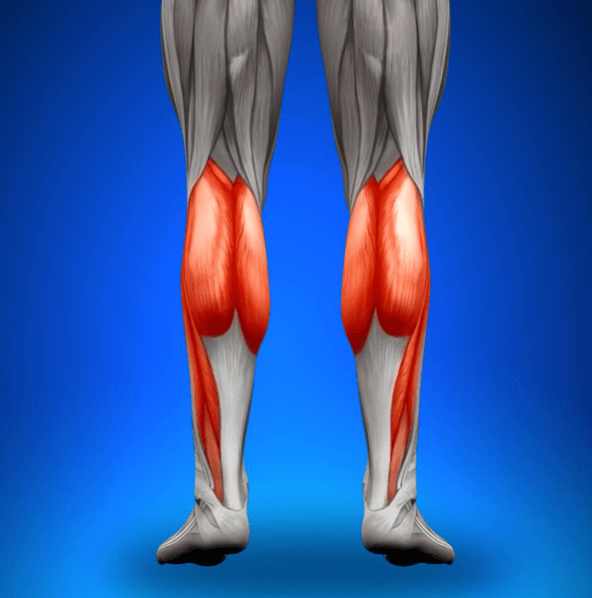Don’t skip leg day. Or maybe we should say don’t skip mixing leg work into every day… Calf strength is vital for balance, stability, and overall movement. If something feels off — whether it’s difficulty with a calf raise on one leg or pain in your lower limbs—our physiotherapists are here to help you get back on track and back to leg day! Call us on 9729 7777 to make an appointment with our experienced physiotherapists at Physio Elements located in Kilsyth 3137.
The role of calf strength in daily movement
The gastrocnemius and soleus, the two primary muscles in the calf, work together to support your body weight, propel you forward, and stabilise your posture in nearly every daily movement.
Every step you take engages your calf muscles. When you push off the ground, the gastrocnemius contracts, providing the force needed to propel your body forward. Weak calves can lead to inefficient
walking patterns, increased fatigue, and pain in the feet, ankles, or knees. Strong calves on the over hand enhance stability, reduce falls, and improve coordination.
What can go wrong?
Calf muscles are susceptible to a variety of issues.
- Muscle strains and tears: Overuse or sudden movements can lead to calf strains or even tears.
- Achilles tendon injuries: The Achilles tendon connects your calf muscles to your heel bone. Tendinitis or a partial tear in this tendon can limit your ability to push off with your foot.
- Nerve compression: Sometimes, issues like nerve compression in the lower back or leg can lead to muscle weakness or a sensation of heaviness in the calf. This can make simple tasks, like performing a calf raise, challenging.
- Tendinopathy: Chronic tendinopathy, particularly in the Achilles tendon, involves the degeneration of tendon tissue. This condition can make your calves feel weak and sore, especially during physical activity.
How physiotherapy can help?
We’re here to identify and treat these calf-related issues. When you visit Physio Elements we’ll conduct a thorough assessment to pinpoint the exact cause of your discomfort or weakness and deliver a tailored treatment plan.
Take the first step towards recovery
Don’t let calf pain or weakness hold you back. Call 9729 7777 to make an appointment with our physiotherapists at Physio Elements today. And don’t forget to follow us on social media for more tips on staying healthy.
Information provided here (including text, graphics, images, outbound links, and other
material) is for informational purposes only. It is general in nature and is not to be used or
considered as a substitute for personalised professional medical advice, diagnosis, or
treatment. Always seek the advice of your qualified allied health provider regarding any
symptoms, medical conditions, or treatments and before undertaking any new health care
regimen.
References
When needed, we research our content using a range of sources across both web and books. Regular references we use include:
Foundations of Osteopathic Medicine, 4th ed. Seffinger et al. 2019
Thieme Atlas of Anatomy, 4th ed. Gilroy et al. 2021.
Clinical Sports Medicine: Injuries, 5th ed. Brukner & Khan. 2017.
Principles of Anatomy & Physiology, 13th ed. Tortora & Derrickson. 2011.
Differential Diagnosis and Management for the Chiropractor. 5th ed. Souza. 2016.
Physiopedia website – https://www.physio-pedia.com/home/
Pubmed website for latest articles – https://pubmed.ncbi.nlm.nih.gov/
Google Scholar for latest articles – https://scholar.google.com/
World Health Organisation website – https://www.who.int/
Osteopathy Australia website – https://osteopathy.org.au/
Australian Physiotherapy Association website – https://australian.physio/
Chiropractic Australia website – https://www.chiropracticaustralia.org.au/
Professional bodies websites and health conditions charity websites, like Arthritis Australia –
https://arthritisaustralia.com.au/
We ensure any references used are reputable resources and of high trust and quality. All
content is fact-checked by our qualified, in-house AHPRA-registered allied health
professional.

